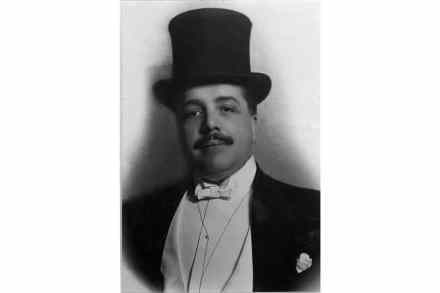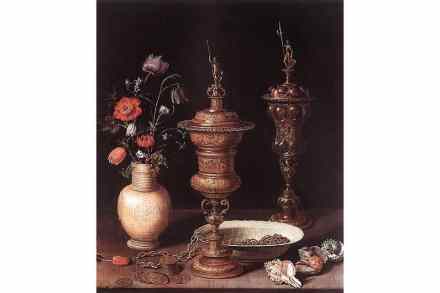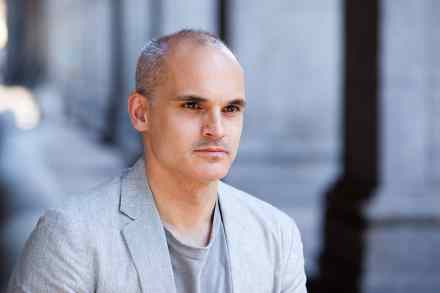An outcast in Xinjiang: The Backstreets, by Perhat Tursun, reviewed
More from BooksLike Dostoevsky’s Underground Man, Perhat Tursun’s unnamed protagonist is an outcast. A young Uighur in an increasingly Han city (Urumchi, the capital of Xinjiang), he is alone, angry, unstable and homeless. The events of The Backstreets take place over one long night, as he looks for somewhere to stay (‘I just wanted a small space






























